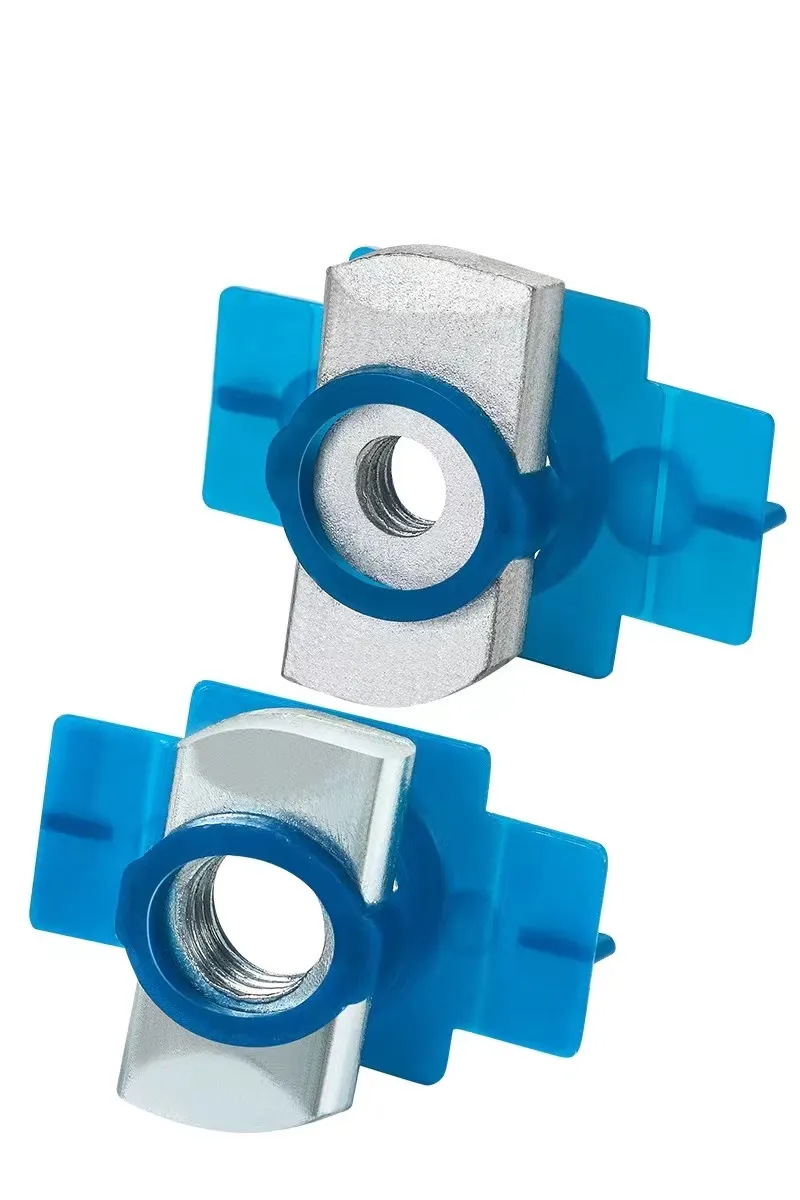

Understanding Stud Bolt Fasteners and Their Applications in Various Industries
12月 . 13, 2024 04:29 Back to list
Understanding Stud Bolt Fasteners and Their Applications in Various Industries
Understanding Stud Bolt Fasteners An Essential Component in Mechanical Engineering
In the world of mechanical engineering and construction, fasteners play a crucial role in ensuring the integrity and stability of structures and machinery. Among the various types of fasteners, stud bolt fasteners are particularly noteworthy for their unique design and versatile applications. This article delves into the definition, construction, applications, and advantages of stud bolt fasteners.
What Are Stud Bolt Fasteners?
A stud bolt is a type of fastener that consists of a long rod with threads on both ends but no head. This design distinguishes it from other types of bolts, which typically have a head on one end. Stud bolts are often used in conjunction with nuts that are screwed onto the threaded ends, allowing for secure fastening of two or more components together. The absence of a head provides some advantages in terms of clearance and the ability to accommodate various nuts or other fastening devices.
Construction and Materials
Stud bolts are generally made from a variety of materials, including carbon steel, stainless steel, or other alloys, depending on their intended application. The choice of material is crucial, as it affects factors such as tensile strength, corrosion resistance, and temperature tolerance.
The manufacturing process of stud bolts typically involves cold working, hot working, or a combination of both. They are produced in various diameters and lengths, allowing engineers to select the appropriate size for specific applications. Additionally, stud bolts can be finished with various coatings, such as zinc plating, to enhance their resistance to environmental factors like moisture and chemical exposure.
Applications of Stud Bolt Fasteners
Stud bolt fasteners are widely used across different sectors, including
1. Oil and Gas Industry In this sector, stud bolts are often crucial for flanged connections in piping systems. Their robust design is ideal for handling high pressure and temperature scenarios typically found in refineries and oil rigs.
2. Construction Stud bolts are utilized in structural applications, connecting steel beams and columns. Their strength and reliability make them essential in creating stable frameworks for buildings and bridges.
stud bolt fasteners

3. Manufacturing In various manufacturing processes, stud bolts serve as vital components in machinery assembly. They provide the necessary strength to hold parts together under significant mechanical load.
4. Marine Engineering Due to their corrosion-resistant properties, stud bolts are favored in marine applications, where exposure to saltwater can lead to rapid deterioration of standard fasteners.
Advantages of Using Stud Bolt Fasteners
Stud bolts offer numerous benefits, making them a preferred choice in many industrial settings
- Strength and Durability With their robust design, stud bolts provide superior tensile strength, enabling them to withstand high loads and harsh conditions.
- Versatility The ability to use different types of nuts and washers with stud bolts enhances their adaptability to various applications and allows for customized fastening solutions.
- Ease of Installation Stud bolts can be easily installed and removed, facilitating maintenance and repairs in numerous settings.
- Cost-Effectiveness While the initial cost of production may be higher than some other fasteners, their longevity and reliability often make them more economical in the long run.
- Enhanced Safety The secure connections achieved with stud bolts significantly reduce the risk of failure in critical applications, contributing to overall safety in engineering and construction projects.
Conclusion
Stud bolt fasteners are an indispensable element within the realms of mechanical engineering and construction. Their unique design, along with their strength and versatility, makes them suitable for a wide range of applications, from oil refineries to skyscrapers. By understanding the construction, materials, and benefits of stud bolts, engineers and builders can make informed decisions that enhance the integrity and longevity of their projects. As industries continue to evolve, the importance of reliable fastening solutions like stud bolts will undoubtedly remain a cornerstone of engineering excellence.
Latest news
-
Hot Dip Galvanized Bolts-About LongZe|High Strength, Corrosion Resistance
NewsJul.30,2025
-
High-Strength Hot Dip Galvanized Bolts - Hebei Longze | Corrosion Resistance, Customization
NewsJul.30,2025
-
Hot Dip Galvanized Bolts-Hebei Longze|Corrosion Resistance&High Strength
NewsJul.30,2025
-
High-Strength Hot-Dip Galvanized Bolts-Hebei Longze|Corrosion Resistance&High Strength
NewsJul.30,2025
-
Hot Dip Galvanized Bolts-Hebei Longze|Corrosion Resistance&High Strength
NewsJul.30,2025
-
Hot Dip Galvanized Bolts - Hebei Longze | Corrosion Resistance, High Strength
NewsJul.30,2025

